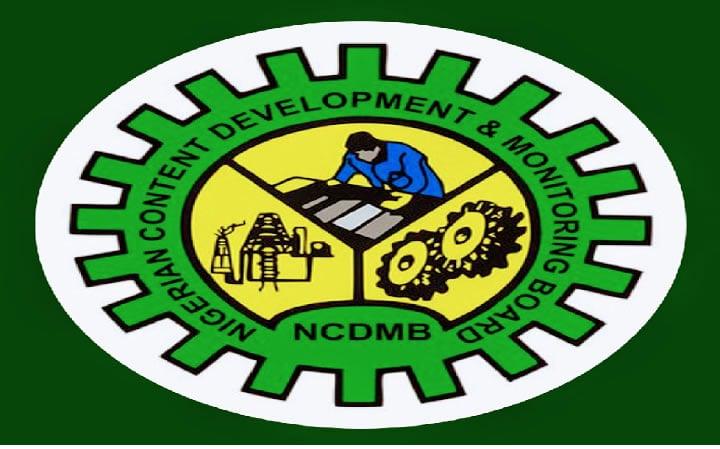The pioneer Executive Secretary of the Nigerian Content Development and Monitoring Board, Dr. Ernest Nwapa, has warned that unintended ambiguities in recent executive orders governing Nigeria’s oil and gas operations are creating systemic problems in the sector.
Nwapa, who spoke in Yenagoa at the maiden edition of the Nigerian Content Academy Lecture Series organised by the NCDMB, said that some clauses in the presidential directives introduced in February 2024 under President Bola Tinubu’s administration contain the unintended ambiguities that have complicated the authority of the local content board.
According to a statement yesterday by NCDMB spokesman, Dr. Obinna Ezeobi, the unclear provisions of the directives have generated different interpretations among agencies and companies, affecting the authority of the NCDMB in enforcing local content compliance.
Drawing attention to some unhealthy trends in the oil and gas industry, he said, “There are unintended ambiguities in the Presidential Directives introduced in February 2024.
Such ambiguities need to be addressed by stakeholders. These ambiguities have created systemic problems, and there has to be institutional adjustment to re-enact the authority in the NCDMB directives.”
Dr. Nwapa, who was the board’s first executive secretary when it was established in 2010, cautioned that the growing disregard for the board’s statutory powers could undermine the objectives of the Nigerian Oil and Gas Industry Content Development Act, which has been the cornerstone of local participation in the oil industry.
He decried what he described as “lack of respect for the authority of the NCDMB within some industry stakeholder groups”, adding that the board’s position on local content compliance should be final.
“When the board writes a letter and says this is what stands on Nigerian content, nobody questions it. If you challenge a letter from the NCDMB, it wouldn’t stand. It is wrong for any agency to put aside a letter from the board and continue doing things in its own way,” Nwapa argued.
While dismissing suggestions that the absence of Final Investment Decisions in the sector was due to the board’s strict local content enforcement, Nwapa said the causes were broader and linked to wider government policies and global trends.
“There are many government policies that are affecting FIDs. The oil and gas industry stakeholders face an increasingly complex environment shaped by global energy trends, shifting investment patterns and heightened expectations for local participation and value addition,” he explained.
On suggestions that the future of local content policies is under intense scrutiny, Nwapa noted that such “unfounded fears” had always been advocated by some industry stakeholders averse to the idea of local content.
He stressed that local content implementation has delivered significant benefits, including job creation and technology transfer, citing the Egina FPSO project as a major milestone.
“If you look at the number of Nigerians that worked in Egina at the Integration Yard in Tarkwa Bay, Lagos, it’s not something you can just underestimate. Our young engineers and technicians now have places to go to acquire practical skills because a lot of projects are going on in the country,” he added.
Nwapa argued that while local content implementation has cost implications, abandoning it would be more damaging in the long run.
“Things around high costs of local content are things we have to continue to work on to see how we can have them reduced. If you don’t start practising local content and get your people involved, the cost gap will be wider. It’s either you decide to bite the bullet right now and use activities within your local economy to drive costs to competitive levels, or you can forget about it and not do it at all,” the engineer warned.
He called for greater synergy between the NCDMB and other industry agencies to ensure clarity and consistency in policy implementation, adding that the Nigerian Content Academy should serve as a think tank for research and policy testing.
“The Nigerian Content Academy should be a place where we test theories, go outside to the field, have strong workshop discussions and analysis, and proffer practical recommendations which could be taken to the NCDMB Executive Secretary or right up to the Presidency,” he said.
In February 2024, Tinubu had signed a series of executive orders aimed at improving efficiency and transparency in Nigeria’s oil and gas operations, including directives on fiscal incentives, contracting timelines and the application of the local content requirements without hindering investments or the cost competitiveness.
Nwapa’s comments seem to be reinforcing calls for the government to review the directives to restore clarity and institutional balance within the sector.















